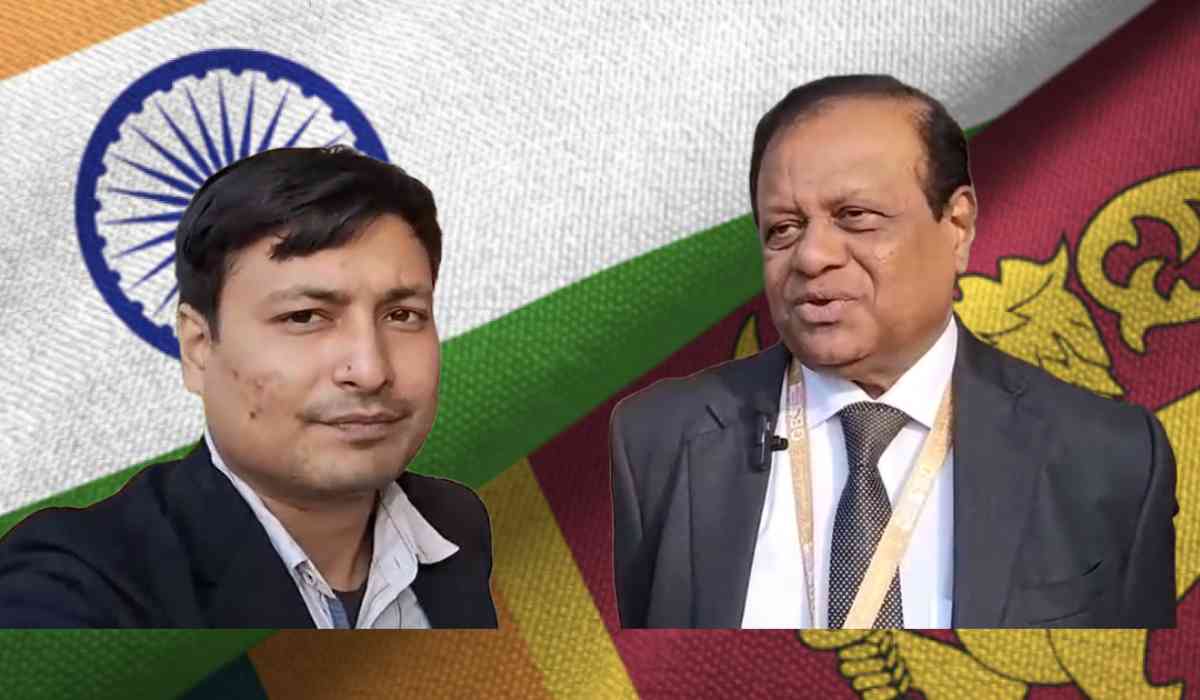The Indian Institute of Technology (IIT) ventures into new territories with its proposed establishment of a third offshore campus in Sri Lanka. This initiative, proposed in the 2024 Budget by Sri Lankan President Ranil Wickremesinghe, aims to foster academic collaboration and provide opportunities for Sri Lankan students to access premier technical education.
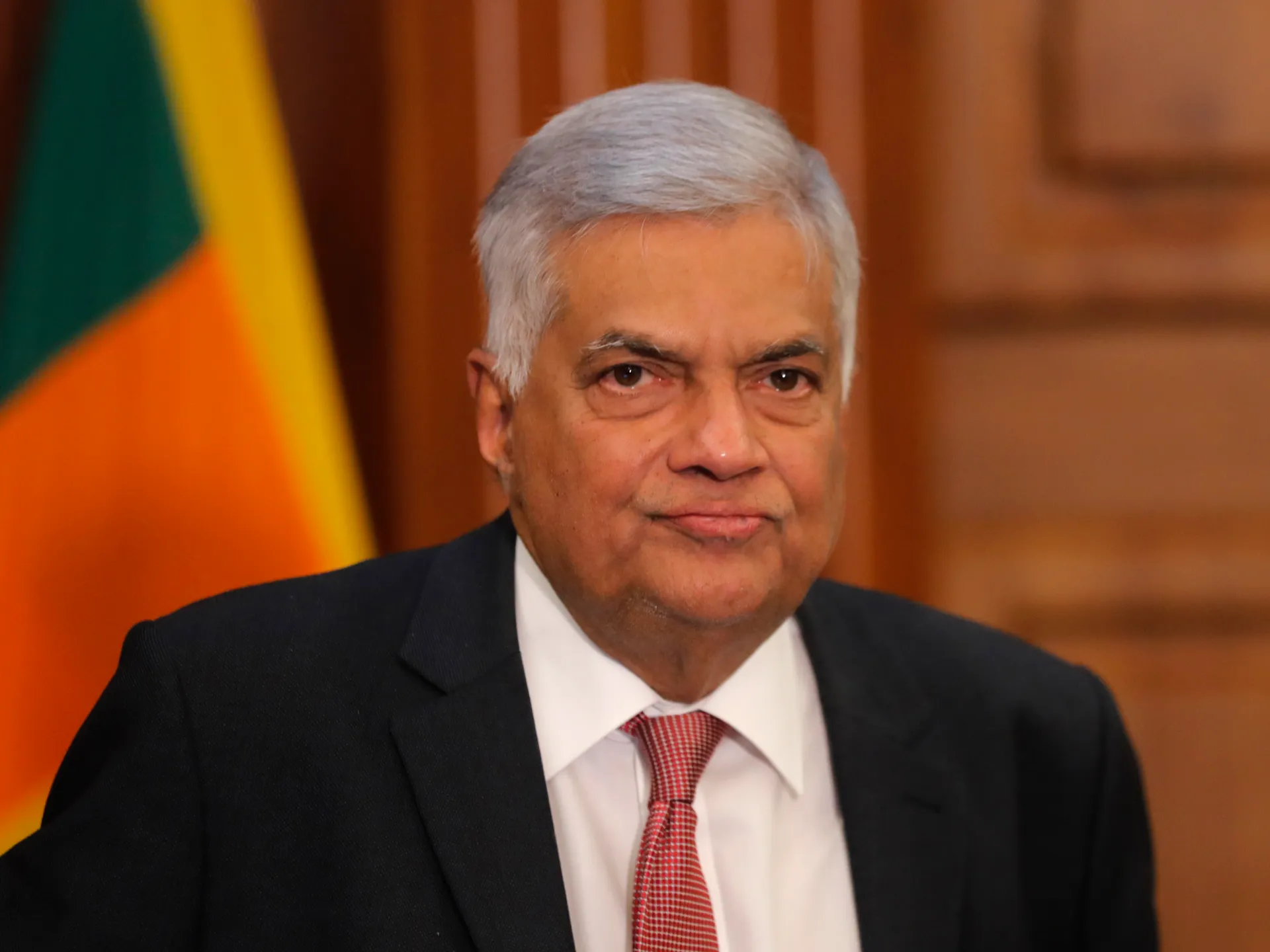
Partnership Talks and Educational Prospects
The Sri Lankan government engages in discussions with IIT Madras, aiming to materialize this ambitious project. Under this collaboration, meritorious Sri Lankan students will gain admission to prestigious IITs in India, starting from the 2017-18 academic sessions. If successful, this endeavour will mark the second international campus for IIT Madras, further solidifying its global presence.
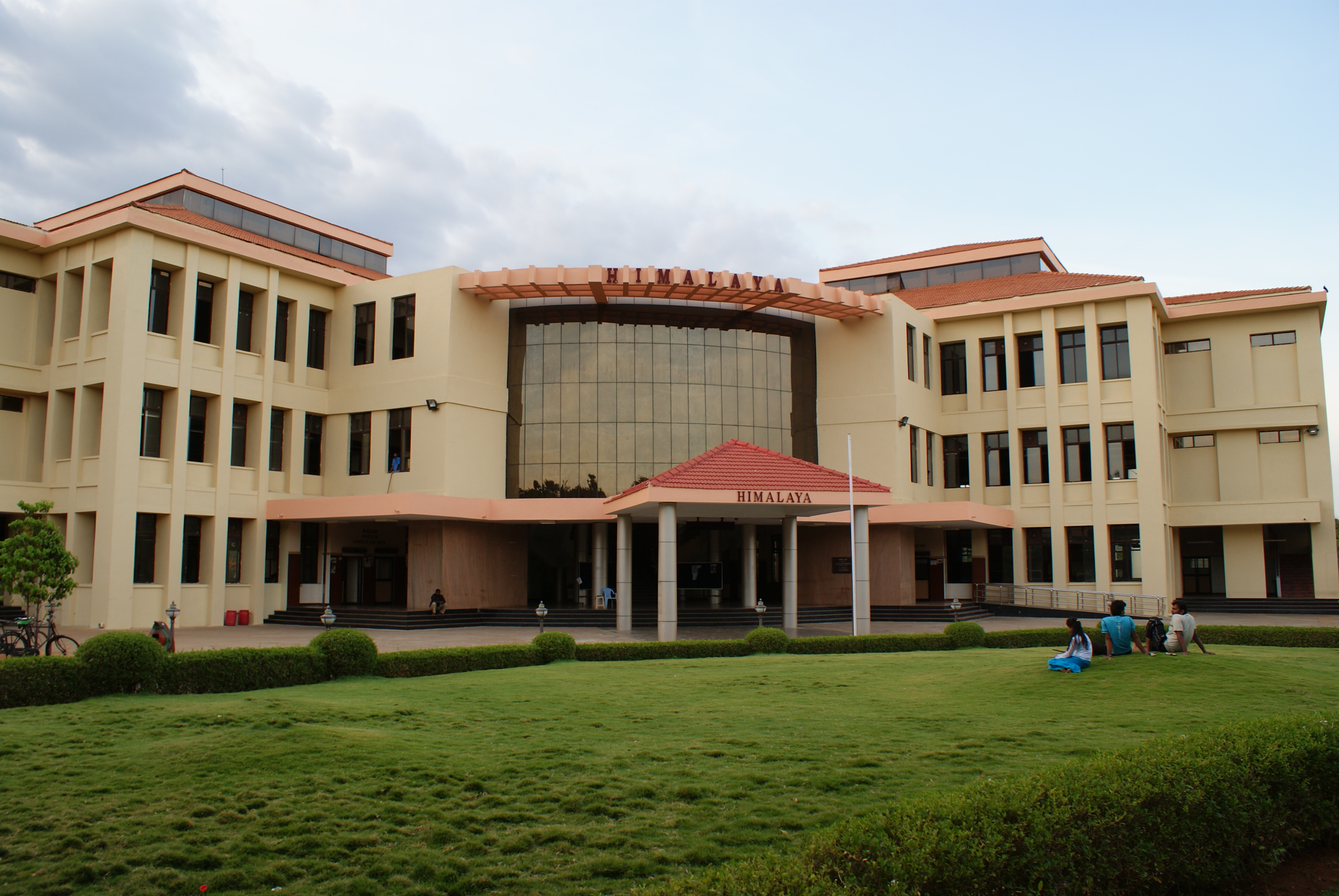
IIT's Global Footprint: Past Endeavors and Future Visions
IIT's foray into international education isn't new. Last year, the institute announced the establishment of an offshore campus in Tanzania's Zanzibar, with Preeti Aghalyam appointed as the director-in-charge, making her the first woman to hold such a position in an IIT. Additionally, an agreement between India and Tanzania laid the groundwork for this campus. Following suit, IIT Delhi signed a formal agreement with the UAE government to establish a campus in Abu Dhabi, focusing on energy transition and sustainability, reflecting shared goals of mutual prosperity and global well-being.

Global Demand and Collaborative Initiatives
Beyond Sri Lanka, there's a growing interest worldwide in hosting IIT campuses. The UK, for instance, is eager to embrace this opportunity, with discussions underway between IITs and UK universities. Similarly, numerous requests from Middle Eastern and South Asian nations highlight the global demand for IIT's technical education. To streamline these efforts, the central government formed a 17-member committee tasked with facilitating the establishment of IIT campuses abroad, ensuring students from diverse backgrounds can access quality technical education.
With the backing of collaborative partnerships and governmental support, IIT's expansion into Sri Lanka signifies a broader trend of global academic exchange. As IITs continue to explore new territories and forge alliances, they pave the way for enhanced educational opportunities and cultural exchange, fostering innovation and progress on a global scale.
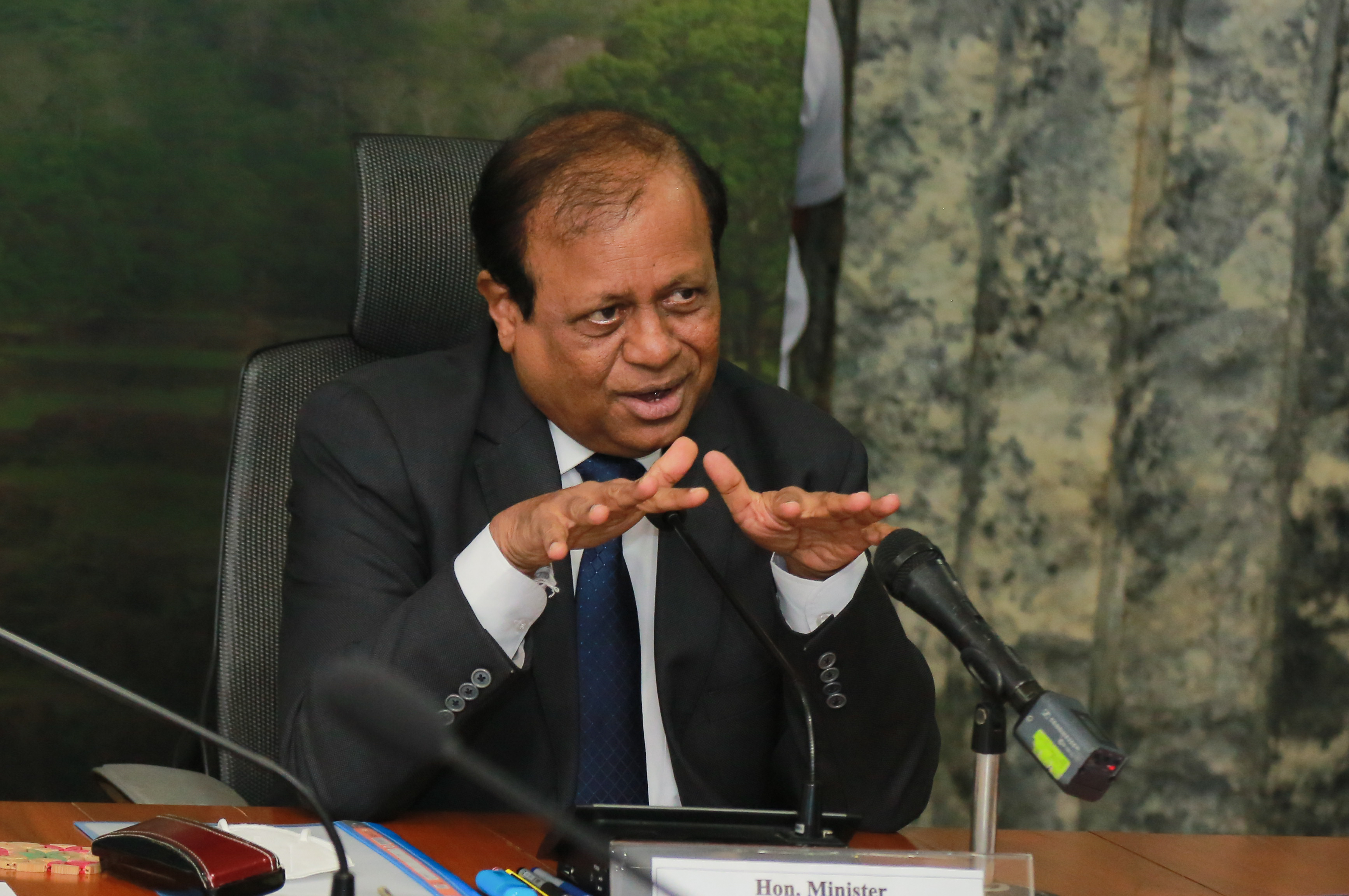
Key Details of the New Campus: IIT Kandy
-
Announcement: The proposal for the establishment of this new campus underscores the commitment of both nations towards bolstering educational ties and expanding access to high-quality technical education.
-
Location: Situated in the culturally rich city of Kandy, Sri Lanka, the new campus holds promise not only for academic pursuits but also for fostering cultural exchange and understanding.
-
Objective: At its core, the initiative aims to democratize access to higher education by offering locally-based, internationally-recognized programs, thus enriching the educational landscape of Sri Lanka.
-
Process: The commencement of this endeavour involves meticulous planning and collaboration. Officials from IIT Madras are slated to visit Sri Lanka to initiate discussions with the University Grants Commission (UGC) regarding the proposed courses and the establishment process.
-
Collaboration: Dr. Susil Premajayantha, Sri Lanka’s Education Minister, has engaged in discussions with senior officials from IIT Madras, underscoring the commitment of both nations towards realizing this shared vision of educational advancement.
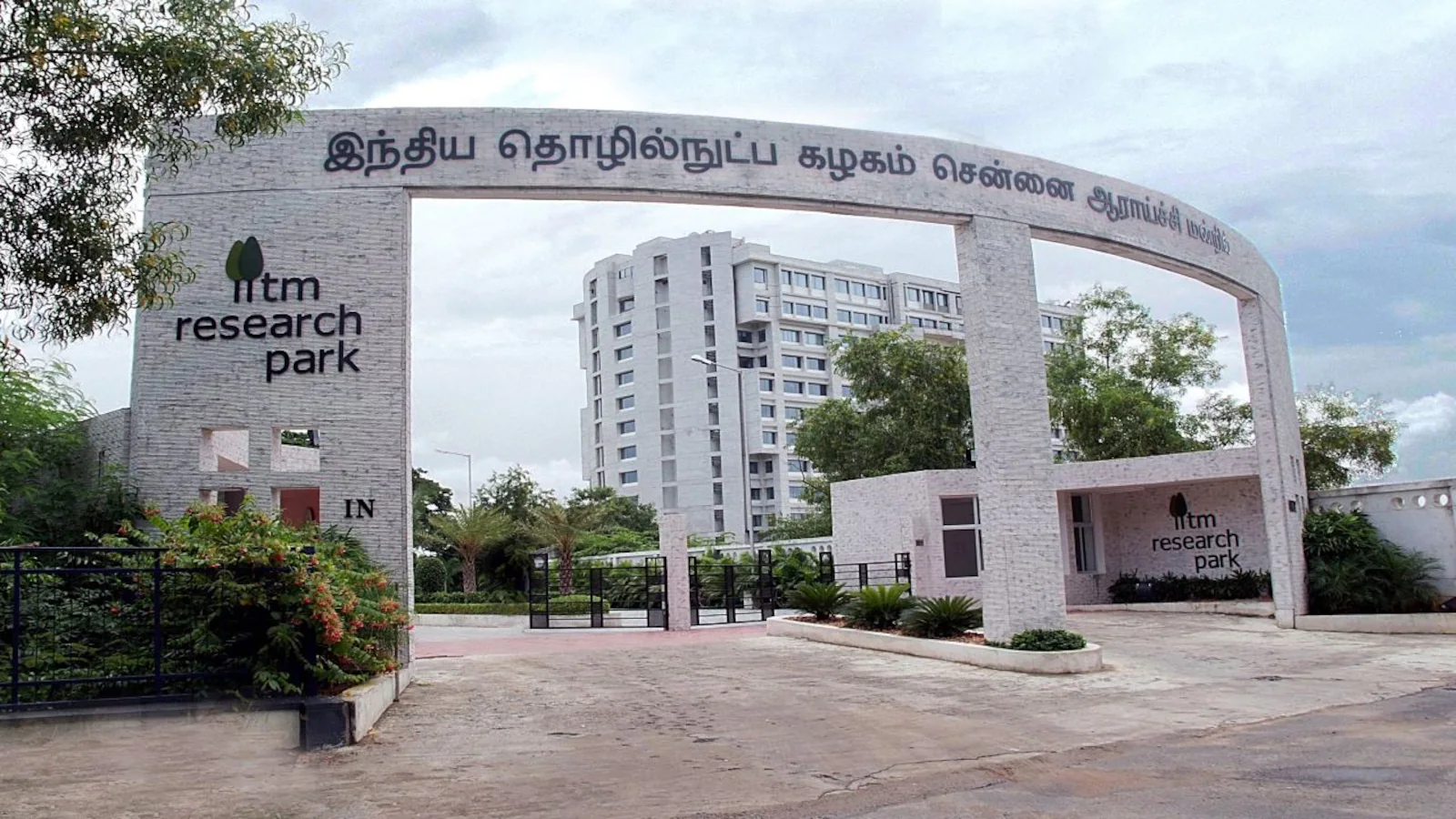
Significance of the Initiative
-
Educational Opportunity: The establishment of the IIT Madras campus in Sri Lanka opens doors for local students to access world-class education within their homeland. This move is poised to bridge the gap between aspiration and opportunity, empowering Sri Lankan youth with the tools for success.
-
Cultural Exchange: Beyond academics, the initiative fosters cultural exchange, strengthening the bonds between India and Sri Lanka. The campus becomes a melting pot of ideas, perspectives, and experiences, enriching the educational journey for students from both nations.
-
Affordable Education: By offering high-quality education at a fraction of the cost typically associated with studying abroad, the initiative ensures that financial constraints do not impede the pursuit of academic excellence. This accessibility is pivotal in nurturing a skilled workforce and driving socioeconomic growth.
-
Regulatory Framework: The establishment of the campus will adhere to stringent regulatory standards, ensuring quality education and governance. Robust monitoring mechanisms will be put in place, aligning with Sri Lanka's commitment to upholding educational standards in non-state universities.
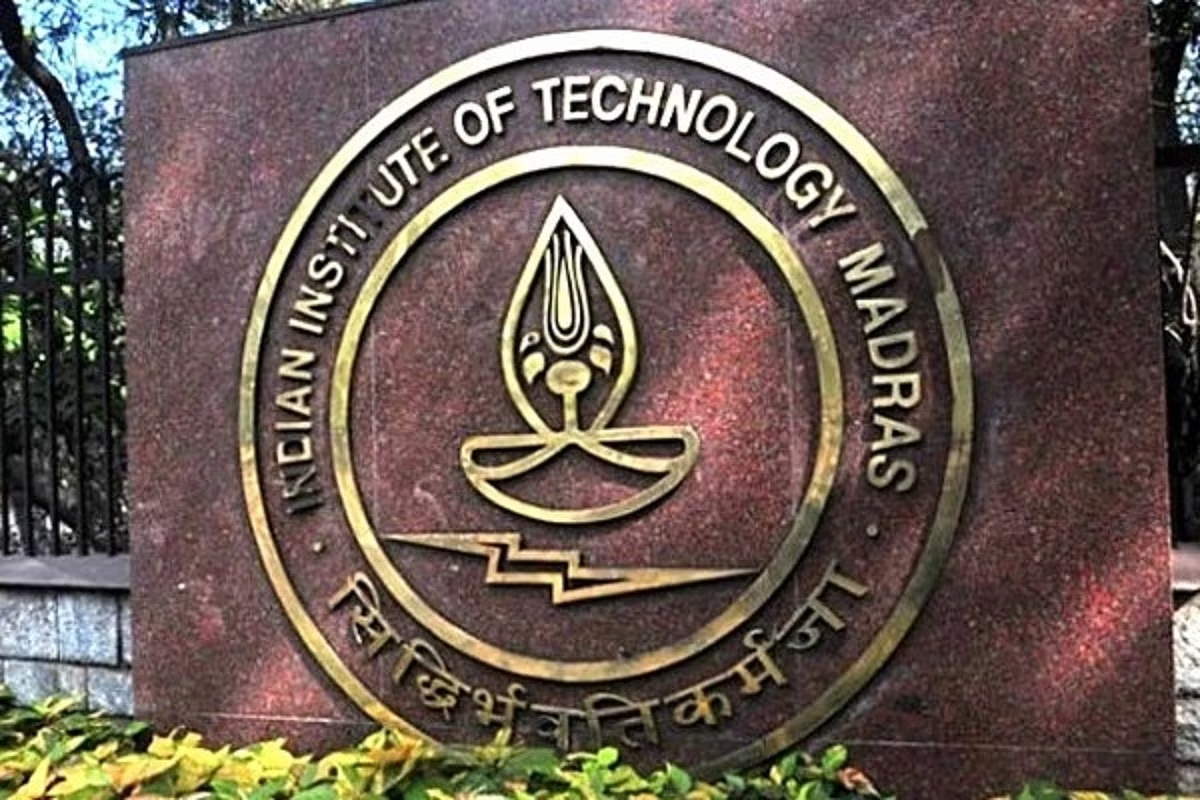
An Insight Into A Small Conversation Between VYGR Correspondent Ayanangsha Maitra And Dr. Susil Premajayantha:
Q: You are the person who was talking with IIT Madras and that's how the idea came. What are your remarks?
A: Recently, I visited Chennai, the IIT in Chennai. Then I had a discussion with them. I visited the campus and the university, and the Innovation Park as well as the Research Park. So, in Sri Lanka, of course, we are very much keen to start a branch of IIT Madras. So, the location we are selecting is the central part of Sri Lanka. We are the Hill Capital.
Q: India opened IIT also in Tanzania. So that's how the idea came about?
A: No, not because of that reason. Of course, then Chennai is very much close to us, just one hour flight. And then we can even cater to the students of neighboring countries. It's not very far.
And then the IIT is in existence since 1959. So they have produced engineers, civil engineering, mechanical engineering, and the electrical engineering, and they're all connected to emerging technologies. Now, so therefore, we decided to start a branch in Sri Lanka.
Q: So India's ICCR also immensely engaged. We know there are a couple of chairs which is in Colombo University. There's a particular chair. So and in Jaffna behind, you know, the cultural center, there's a certain ideas and which which reflects the bond homie between the two nations. What are that? Could you please say?
A: Yeah, that is of course, they are in Sri Lanka, we have 17 state universities, where we have a total number of undergraduates over 150 ,000. Annual intake is around 43 ,000 now.
And apart from that, we have post -graduate institutions for each and every sector, and they conduct masters and doctoral programs. And the Jaffna University, of course, they have all the faculties like management, sociology, then IT, then education, engineering, medicine, like that of course. Then so, the Jaffna University of course, not only confined to the Tamils in Jaana, it's of course you find singlies, Muslims and Tamils, all the students are studying under one roof. Not only in Jaffna, even in other universities. So it's cultural diversity by universities. So we don't have any issue. So they are, they've been also different communities, but we have one culture that is Sri Lankan culture.
Q: In the IIT what kind of courses will be taught? Is it only confined to hardcore technology?
A: Still of course we are not decided about the courses that conducting there. So I visited the place and then we send a team of academics and professionals from Sri Lanka to Chennai a week ago.
Q: The contingent would all from the engineering background?
A: Yes of course. The dean of the faculty of engineering in Peradeniya University, one of the oldest universities in Sri Lanka and then the Jaffna and the Ruhuna University and Moratuwa University dedicated for engineering and so with the AI specialists so they all have postgraduate degrees in OASIS like in Harvard.
Q: You yourself also have so?
A: Yes but I am in a different field which is management but we send a team comprising with knowledge and diverse background.
Q: What could be the estimated cost of the project?
A: We have not calculated that this is in the initial stage. So we are inviting the director and his team to visit Sri Lanka and then we are getting ready to allocate some lands in the central part of the country and the buildings and the infrastructure facilities.
As IIT Madras embarks on this ambitious journey to establish its presence in Sri Lanka, it not only augments educational opportunities but also catalyzes deeper Indo-Sri Lankan ties. With a commitment to academic excellence and cross-cultural understanding, this initiative exemplifies the transformative power of international educational collaboration.
You can watch the full video here: VYGR Exclusive: Sri Lankan Education Minister in talks with Vygr News on the opening of IIT in Kandy
Image Source: X(Multiple agencies)
© Copyright 2024. All Rights Reserved Powered by Vygr Media.

